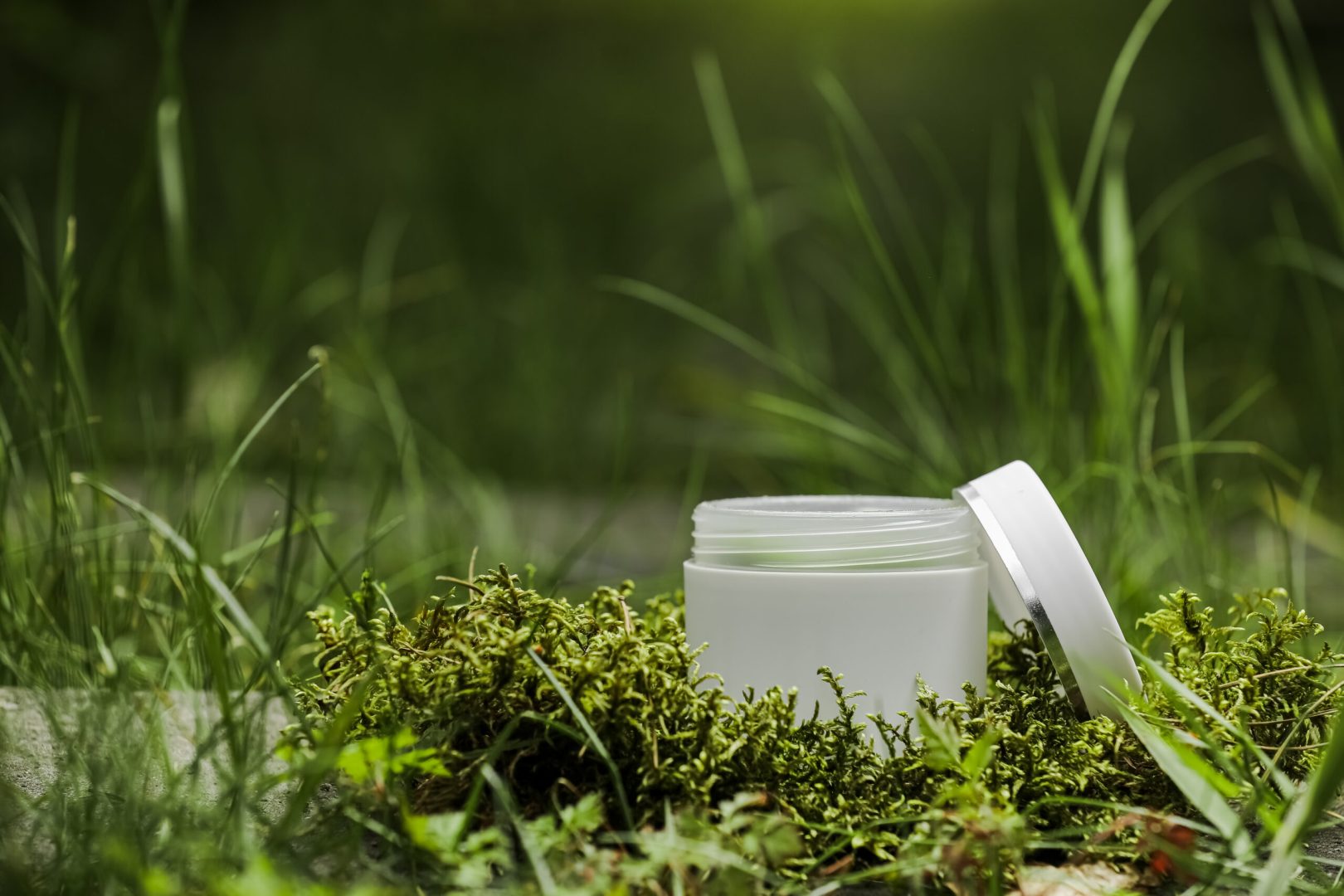
2022.07.04
A sustainability update from the industry
High environmental ambitions or focus on tax revenue – how does the government choose when revisions of RoHS and REACH are relevant?
The EU has now opened up for revisions of the Restriction of the use of certain Hazardous Substances in electrical and electronic equipment (RoHS) and Registration, Evaluation, Authorisation and Restriction of Chemicals (REACH) directives in the environmental field. New proposals can be expected in the latter part of 2023. Since the introduction of the chemicals tax, APPLiA Sweden has been calling for Sweden to conduct active environmental work within the EU instead of creating special rules for Sweden. It will be exciting to see whether the Swedish government really has environmental ambitions for the entire EU or whether tax revenue will continue to be more important.
Carbon adjustment at borders
Carbon Border Adjustment Mechanism (CBAM) – a new certificate system for imports of certain goods from countries outside the EU. The so-called Carbon Border Adjustment Mechanism is intended to prevent the production of carbon-intensive products from being moved to countries with less stringent climate regulations. CBAM is intended to complement the EU's existing emissions trading system by introducing a new pricing mechanism for carbon emissions attributable to goods imported into the Union from third countries. The regulation is intended to cover goods from certain designated industrial sectors, including cement, aluminium, electricity generation, iron and steel.
APPLiA has pointed out shortcomings with CBAM as the design may be restrictive of competition for production within the EU. The reason for this is that the pricing of individual materials for manufacturing may be higher than the cost of importing a finished product. Since most manufacturing within the EU generally also has a smaller climate footprint than manufacturing outside the EU, this may lead to poorer environmental conditions globally.
Recycling, reuse and climate footprint
APPLiA and El-Kretsen are continuously working on new and improved solutions in recycling and reuse, where the main focus is on recycling space. Plastic is an important raw material that can be used several times in the cycle if it is done correctly. Therefore, new methods are now being developed together with recyclers that allow the plastic to be reused in new manufacturing processes, similar to what is happening incredibly successfully in Sweden. Electronics recycling is the new mines, for example, most of the gold from Boliden already comes from recycled electronics today and they themselves believe that mining can be replaced by recycling as early as 2030. A real success story that we have all been involved in together.
In Sweden, a large part of recycling today takes place via various sites where consumers post working products. Together with El-Kretsen and the recycling industry, we are also investigating the possibility of being able to recycle products that have been sent for recycling. So far, it has been difficult to make such projects self-sufficient and not infrequently they are projects of a social nature. To succeed, we need to access the products earlier in the chain and, ideally, they should be working products that are part of a premature exchange.
For companies connected to El-Kretsen, exciting work is also underway to develop parameters that can demonstrate how individuals' climate footprint is reduced as part of successful work with recycling and reuse.
Ecodesign
In the new ecodesign regulation, the user's right to repair and longer availability of spare parts will be in focus. The ambition is that products should be given a longer lifespan, which is good for the environment. However, this is still largely in conflict with other rules, such as the obligation to advise against repair in consumer legislation, the chemicals tax that was introduced to limit goods with certain chemical content, the energy consumption of older products that have been banned, and the freon ban on refrigerators and freezers. APPLiA naturally supports the ambition of extended lifespans for products that can be reused, provided that this does not conflict with extending the lifespan of products that should be replaced by new ones for other reasons.
